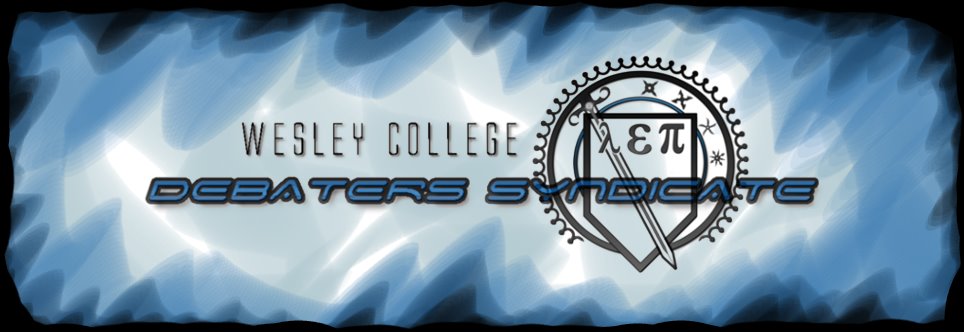The British Broadcasting Corporation has defended its decision not to participate in a television fund-raising appeal for Gaza, saying it did want to avoid compromising public confidence in its impartiality.
Normally all broadcasters show Disasters Emergency Committee (DEC) appeals without charge, but in a statement on Friday, the BBC said: "Along with other broadcasters, the BBC has decided not to broadcast the DEC's public appeal to raise funds for Gaza.
"The BBC's decision was made because of question marks about the delivery of aid in a volatile situation, and also to avoid any risk of compromising public confidence in the BBC's impartiality in the context of an ongoing news story."
Sky news and a few other channels followed BBC's decision.The DEC is an umbrella organisation representing a number of aid agencies (13), including Action Aid, Save the Children, the British Red Cross, Islamic Relief and Oxfam.
PROP
1. We say that the two Justifications that BBC gave is screwed:
1) Aid delivery:
2) Impartiality:
- Impartiality means reporting true facts as well as giving equal air time to both sides of a story and has nothing to do with children dying and the need to save them.
- What about Darfur,Burma and other instances? how come they dont break impartiality ?
- The claim that partial would mean asking for aid for the Israel side too is BULLOCKS (note the British word) because Israel doesnt have a dire humanitarian situation! (show stats)
- Most of the stats that are mentioned in the appeal are cited from the UN and other impartial bodies.
- Supporting HAMAS......we can always say NO WE MAKE SURE THAT DOESNT HAPPEN....but we need a more principle based argument.
- The add itself says that it's not about who is right and who is wrong its about saving the children..
- Not airing it has made them look partial like they support the Israeli viewpoint.

No comments:
Post a Comment